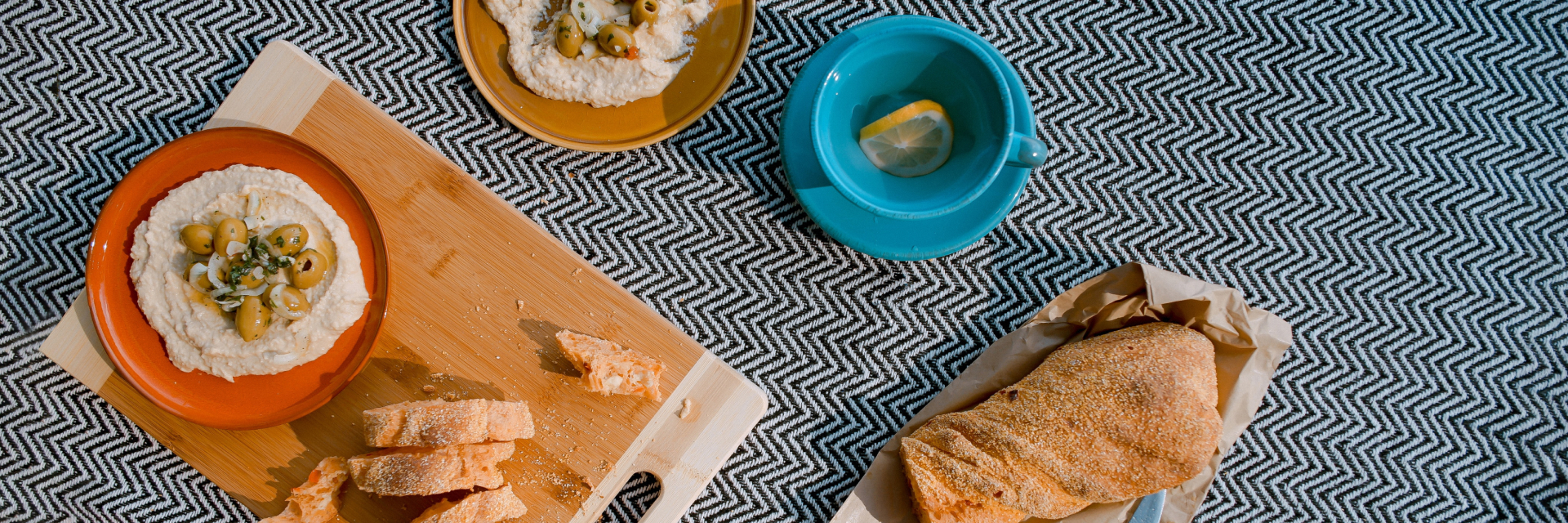Good health and fitness have multiple things in common, one of which is a balanced diet. During the busy day to day, we can find ourselves too tired or too overloaded with daily tasks to really think about the food that we’re eating. After all, how many of us have looked up the dietary guidelines and then made sure that our meals follow them?
Some of us might also have goals we’d like to achieve. Whether that’s growing muscle, losing fat, training for a marathon or something completely different, we need to fuel our body and efforts accordingly. When we’re low on time or trying to achieve a particular goal, nutritional plans come handy.
What are nutritional plans for?
Nutritional plans are like diets – they offer a step-by-step guide that ensures you eat balanced meals that have the right nutrients for you. Many athletes might follow them daily if they work with a nutritionist. They make it easy for you to eat healthy as you’ll know exactly what to cook, what to buy and how your day will look like.
A lot of us will stick to a nutritional plan if it gives us results, such as helps us feel better or brings us closer to our goal. Finding better motivation also helps1. But there are also lots of factors that might discourage us from following through. Let’s see what these factors are and how we can address them.
What prevents us from sticking to a nutritional plan?
Sticking to a nutritional plan can be difficult.
First, many of us will need help changing our ways. With many people eating most of their calories from snacks, rather than the typical three meals, adjustments must be made to fit their routine2. Alongside that, it can be hard to change our dietary habits – if you’re someone who has always eaten a particular food, going without it can be tough3. Focusing on one aspect, for example, just getting the breakfasts right, can also help you with changing habits and support motivation4.
Second, competing priorities might be an issue. Starting a new diet comes with preparing foods and meals in advance. This requires you making time. Other commitments might take priority, or you might find yourself feeling overwhelmed. All of these are known to make it hard to keep up with a nutritional plan5. Trial and error, a positive mindset or redesigning your plan to fit your routine can help.
Social support is also a prevalent theme for those that have trouble sticking to a nutritional plan. Food is intricately connected with our social life, customs, and habits. Cooking different things to treat guests or simply having to cook multiple meals for different people in the family can throw us off from the diet plan. Other times, we might look for support with sticking to the plan from loved ones, but they might not understand the reasons for our choices6.
During these times, it becomes imperative for us to be able to connect with others to help them understand where we’re coming from. It can also require us to be creative about how to manage new challenges by changing our diets. Good problem-solving skills and essential social skills are key to success.
Finally, a key aspect of adhering to a nutritional plan is education. Understanding why the nutritional plan is designed the way it is remains essential. Knowledge about overall dietary principles as well as the effects of a new nutritional plan supports our ability to follow through7.
However, many people overcome these challenges with enough support and dedication. Figuring out what works for you may take time and patience, but the rewards will be worth it.
Top tips for staying on track
If you’re thinking of following a nutritional plan, chances are that you’ll want to know what you can do to support your effort. Here are some great tips to help you in your journey:
- Start small. Little changes go a long way in helping you form healthier habits. They also don’t tend to overwhelm you, so you won’t feel defeated if you stray from your plan a little at the start.
- Work out the motivation. The right motivation can go a long way. If you know what you’re planning to achieve, you can use that to help you remain strong and stay on track.
- Stay positive. Being excited about seeing the benefits of the new diet can help with sticking to it. Be proud of small achievements and think about the new skills and knowledge you might be gaining8.
- Practice compassion. If you stay from the diet plan, that’s okay. A lot of people have an all-or-nothing approach, and they easily give up the second they do something wrong. You’re human and changing your diet will be a challenge. Reflect on what caused the issue, think of ways you can prevent it from happening and try again.
- Find “your” foods. Many plans will offer flexibility, allowing you to include foods you particularly enjoy. Including healthy foods you like eating can help you stay on track. Think of healthier alternatives to your favorite snacks or desserts to help you manage cravings. Don’t go for foods you don’t like if the meal plan says to do so – see if you can alter it to fit your preferences. Be creative!
- Make healthy social choices. Sometimes, you’ll find yourself hanging out with friends and going for food. You won’t necessarily be able to plan in those situations. Be conscious of what you eat, prioritising general guidelines of your meal plan. That means if your plan is protein-heavy, go for a lean protein option. In certain situations, you might even be able to take snacks or meals you prepared for a social occasion – take advantage of that and keep on track.
- Use technology. Our cell phones can be a great tool to help us stick to a plan. From making grocery lists to learning more about the foods we’re buying, they can help us make choices in line with our goals. They can also make it easy to ensure you’re staying on track through food-tracking apps9.
Understanding the challenges associated with sticking to a nutritional plan can help you problem-solve and stay on track. We hope that our tips will help you make healthier decisions around food, supporting your overall goals. If you’re looking for some guidance on how to adjust your diet for your needs, such as a sport, or because you’d like to decrease stress, try our Knowledge Base.
If you’re ready to take your performance to the next level, look no further. We have an impressive array of cutting-edge articles designed to optimize your nutrition and skyrocket your achievements. Whether you’re a cyclist striving for greatness or a soccer player aiming for victory, we have tailored resources to fuel your success.
But that’s not all – we know that nutrition goes beyond sports-specific needs. That’s why we offer a comprehensive range of resources to explore various dietary approaches, including the ever-popular vegetarianism. We understand that every athlete is unique, and we’re here to help you find the perfect dietary strategy to match your individual goals and aspirations.







